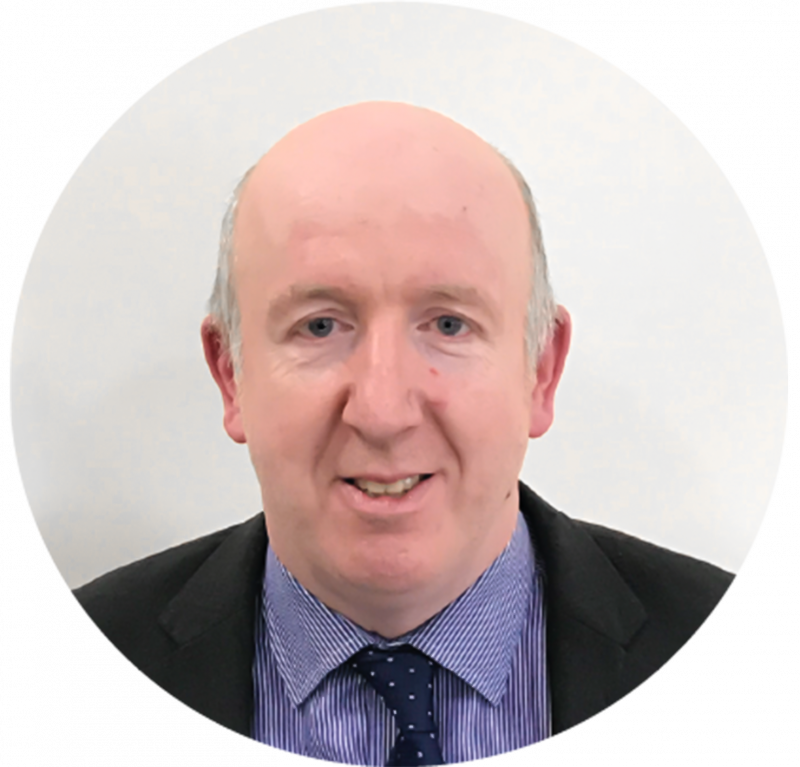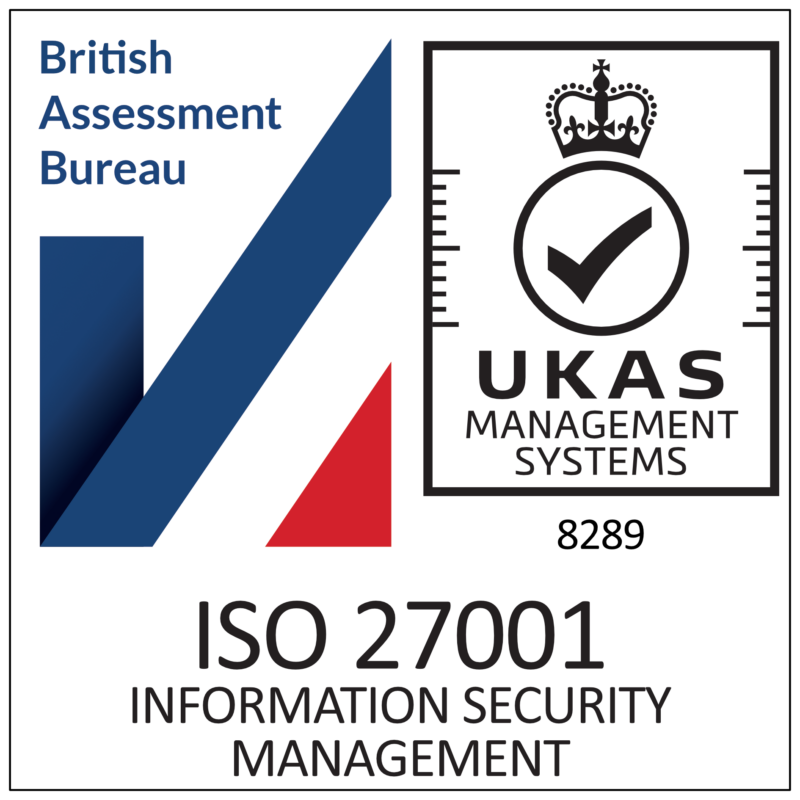‘Tackling those Autumn Blues’ – Top Tips For Raising Achievement With Year 12 Students
Article written by John Roe.
As we approach the end of the autumn term, a lot of schools and colleges will be analysing their monitoring gradepoint data for year 12 students using Alps Connect. For many, it will be your first gradepoint providing key information on the progress currently being made by your year 12 students. The aim of this blog is to give you some practical tips to support you with your analysis and any intervention strategies you put in place.
- Identifying priorities
Once monitoring gradepoint data has been uploaded into Connect, a great starting point is the Strategic Analysis section. This gives you an overview of the value-added progress of your cohort, and specific groups within this, either by building a custom report or using an Alps report template. In the Strategic Analysis section of Connect, you can also add comparison groups within the generated reports to allow you to compare the progress of different student groups, for example by gender, disadvantaged/non-disadvantaged, ethnicity or previous prior attainment. These provide a powerful insight into student progress.
The Strategic Overview page in this section provides you with a Quality Indicator score which measures the total points amassed by your cohort or chosen student groups for each subject against the total that would be generated if all Alps Minimum Expected Grades (MEGs) were achieved. Uploading multiple monitoring gradepoints throughout the year and monitoring the change in this indicator score, allows you to quickly compare the progress being made in value-added terms by your cohort and student groups.
Analysis of the Banded By Prior Attainment (BBPA) tables in Connect will also allow you to identify whether there are any patterns in the level of progress made by students by prior attainment. Are each making equal progress or are higher or lower prior attainment students doing better or worse? Any trends in the data can then be easily explored further using the different areas of Connect.
The Subject Analysis and Student Analysis Overview areas in Connect allow you to explore whether students are making similar progress in all subjects and, again by using the comparison tools, you can focus on the progress of student groups as well as individual students.
A quick way of identifying students who are not making the progress you might expect, is to apply the Student Performance Group comparison tool within the Student Analysis Overview section of Connect. This will break down the cohort into various groups of students which includes those who are below target in any or all subjects. Staff also have the opportunity in this section to compare progress against MEGs or school determined personalised targets and this list can be easily exported into Excel for further analysis if needed.
When reviewing subject and student progress it is vital that all subject leaders and classroom teachers can identify the students that are significantly underachieving so extra support can be put in place. Using the What-If tool in Connect also enables teachers to model the improvements in value-added progress that are required.
- Supporting underachieving students
When analysing early monitoring gradepoints in year 12, you may find that large sections of the Student Analysis Overview are coloured blue, i.e. for many subjects, students are working at grades two or more below their MEGs or personalised targets. Involving form tutors in the tracking and monitoring of student progress is incredibly beneficial, making interventions at a student level much more manageable and effective.
When loading up student data to Connect, it is important to remember to upload students’ form groups. This will allow tutors and the sixth form team to monitor progress easily and for you to compare the progress each form group is making collectively during their time in sixth form. Focussed form tutor interviews with students can help to identify reasons for underachievement and can enable students to get the academic and pastoral support they may need quickly to turn this around.
To make an effective transition from KS4, students will need to become strong independent learners. When working with individual students who are finding the transition from KS4 difficult, it is particularly important to focus on improving their organisational and time-management skills. Many students will struggle with both the increased workload and course content at KS5. Being organised is crucial in year 12 if students are going to manage academic studies alongside extra-curricular activities, part time work, hobbies and other commitments. They will be covering a large volume of work each week in all their subjects, so it is vital they have systems in place to help them organise their learning. Students need to organise the information they receive in their different subjects effectively, to be able to see patterns, create connections and make sense of this. Some students may need extra support to organise their class and revision notes and modelling effective organisation of these in tutor periods and subject lessons can be helpful.
These systems may include:
- having a day to day working folder for recent classwork and homework with labelled dividers for different teachers and subjects
- organising the rest of the work for each subject in clearly labelled folders, making sure each folder is divided into topics and contains a printout of the syllabus, past paper questions and mark schemes
- planning which subjects they intend to work on during study periods in advance to make sure they make the most of this time and don’t waste it.
Students will also find that they have a greater amount of ‘free’ time in which to complete set tasks and independent study. This can be difficult for some students to manage effectively and for many students, it can be tempting to fill this time with less productive activities. Supporting students with time-management strategies can have a major impact on progress and raise achievement across subjects. There are many great techniques that students can use to help them prioritise their time effectively. Two powerful techniques I have used are the Eisenhower and Action Priority Matrixes. The Eisenhower Matrix is a simple tool to help students organise and prioritise tasks by urgency and importance. Whilst the Action Priority Matrix encourages students to differentiate between tasks according to how much impact they are going to have on their learning relative to the amount of energy they will need to get them finished. Examples of these and other activities which could be used to develop students’ organisation and time-management skills can be found in ‘The A-level Mindset: 40 activities for transforming student commitment, motivation and productivity’ by Steve Oakes and Martin Griffin. This book is full of great ideas and practical activities designed to develop, students’ vision, effort, systems, practice, and attitude and these can be incorporated directly into any tutorial or mentoring programme.
Overall, it is important that heads of 6th form/pastoral leads, SLT and heads of department develop a clear, joined up strategy for addressing underachievement in year 12. For example, if a student is underachieving in just one subject, you may decide that departments should take the lead in informing parents and putting in place appropriate intervention strategies, keeping key staff informed of the success of these. If underachievement exists in multiple subjects, it may be more appropriate for sixth form teams to take over, communicating with students and parents and working with individual departments and form tutors to develop appropriate strategies. School staff have limited time, so it is important that everyone works together to support students who are underachieving.
- Motivating students
Many students in year 12 lack motivation and this will have a direct impact on progress. Motivating these students is key to moving Alps grades out of the blue and into the red. For some students, this lack of motivation is due to a lack of vision of what they want to do in the future. Identifying short-term goals (achievable over two to three weeks) and long-term goals (based more on months and possibly years ahead) will give students a clear focus. When students find a university course or career that interests them, it can be much easier to motivate them. A lot of students struggle when researching possible careers because they do not know where to start. A great way to overcome this is to get them to take a careers quiz/test such as the UCAS Buzz Quiz or the Spartan Test which can be found as part of the SACU website. These aim to help students identify their strengths and possible career options that match their likes, skills and personality.
https://www.ucas.com/careers/buzz-quiz
https://sacu-student.com/?page_id=2850
University taster courses, open days and summer schools can also be great for raising aspirations and motivation levels. For students who are interested in apprenticeships and employment options after sixth form/college, attending work experience placements and company insight days can have a similar impact. Super-curricular activities/resources designed to help students expand their subject knowledge beyond what is taught in the classroom can also help students decide whether certain courses and careers may be right for them.
For many students however, there is no substitute for praise, encouragement and rewards when it comes to motivating them. The Student Analysis Overview area of Connect will allow you to identify groups of students who are currently meeting or exceeding their targets. Utilising this in school or college reward systems, rewarding individual students and form groups who make the most collective progress during a term or half term, can lead to increased motivation levels within your cohort.
Using Alps Connect effectively allows heads of 6th form to identify subjects where students are underperforming and to support heads of department and subject teachers in addressing this. It is important however, that motivating students and addressing underachievement is not the sole role of a head of 6th form or the sixth form team. That is not a sustainable model of practice and that’s why building strong relationships between staff, students and parents is crucial to turn those blues into red.
 About John Roe:
About John Roe:
John has worked in education for 22 years as a science teacher, head of department and pastoral lead. John is passionate about creating an aspirational culture and supporting students to achieve their full potential. Prior to joining Alps, John was Director of Radyr Sixth Form in Cardiff for 10 years, where he lead the transformation of the sixth form with student outcomes consistently matching the performance of the top 2% nationally.
Need more information?
If you would like any further information, please contact one of our expert advisers.


